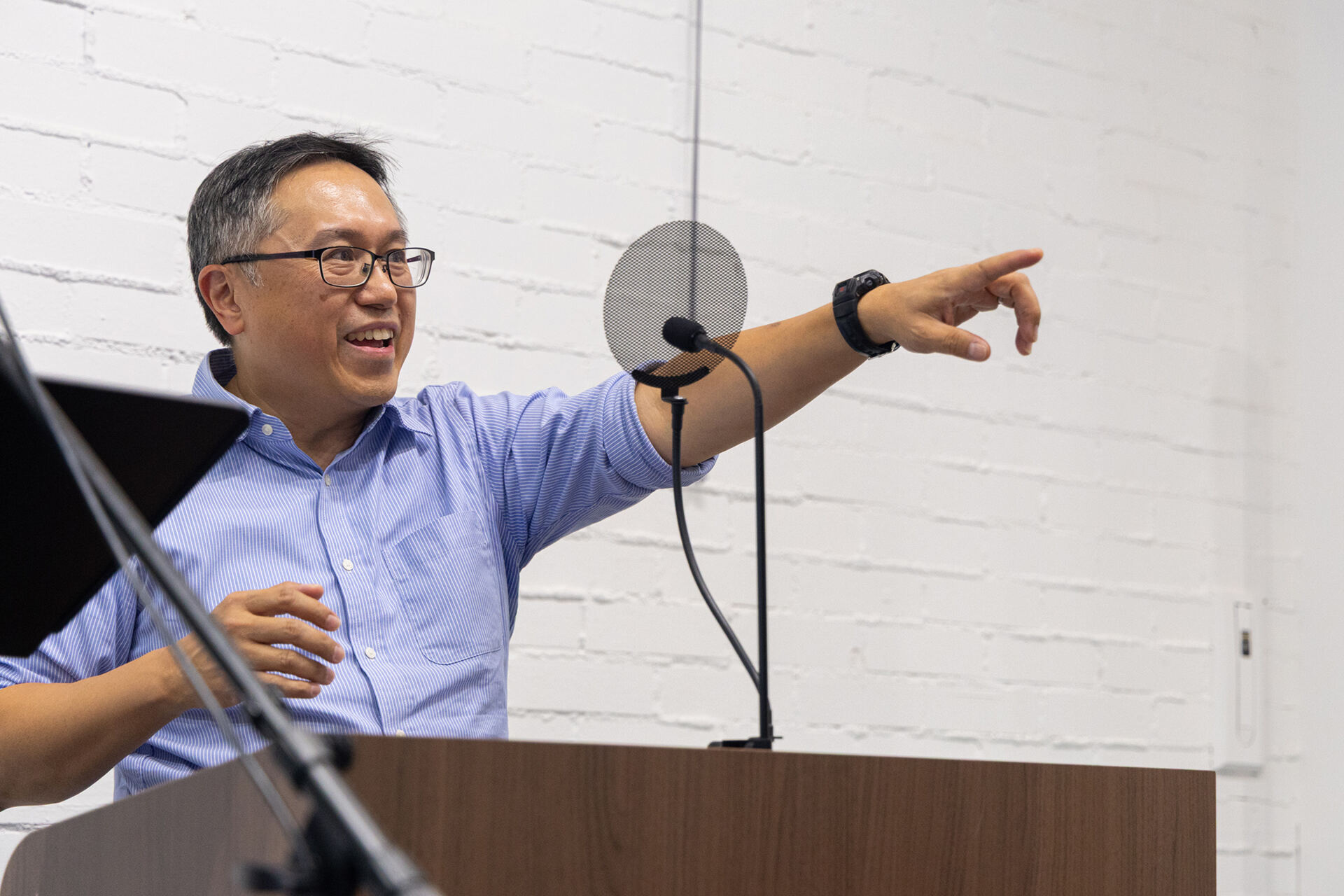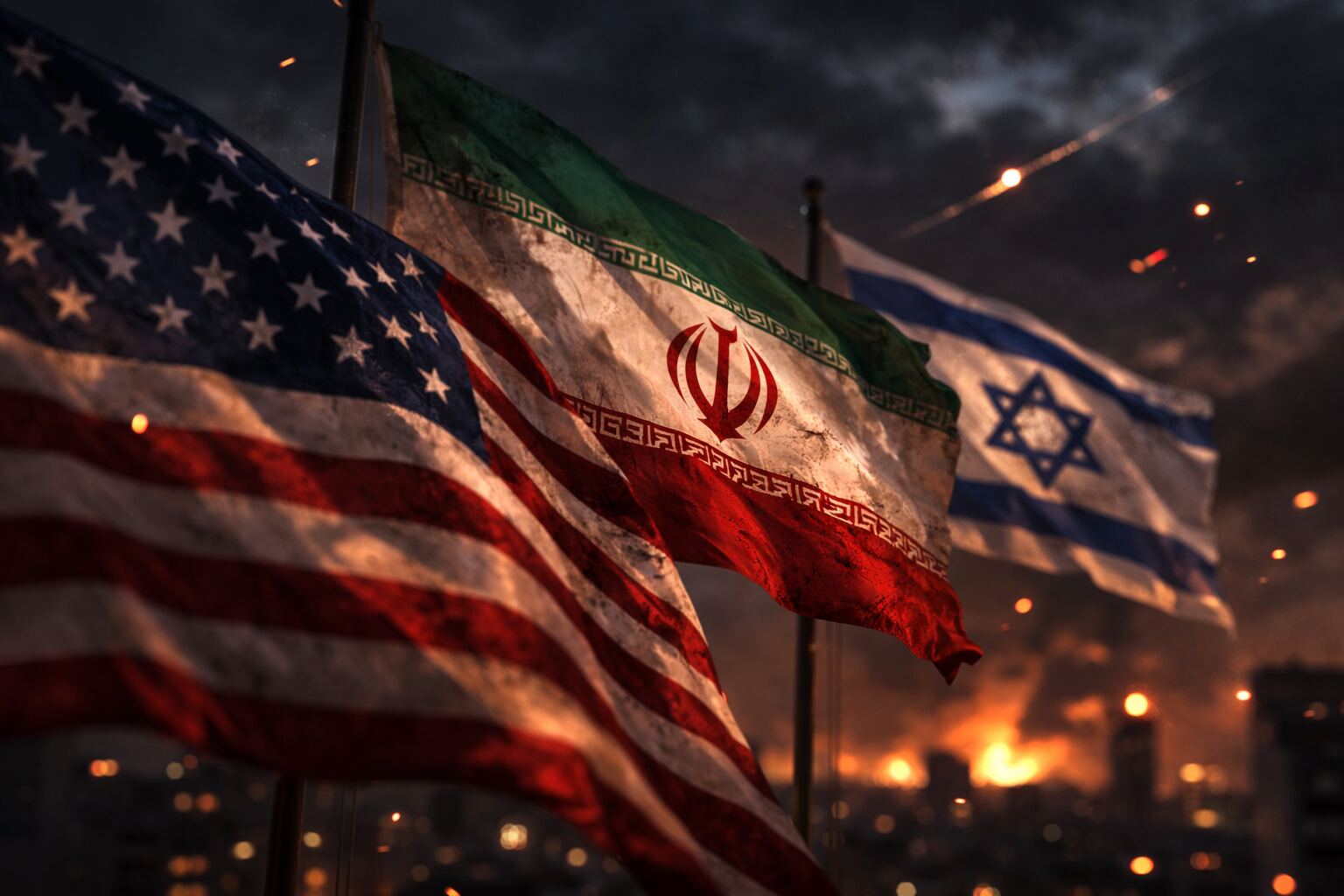Not all missionary teams get along. Not all missionaries and their national partners get along.
The sad truth is that these statements are so blatantly obvious that they may have rendered this to be the most uninteresting introduction that I have ever written for an article. Sadder still is the fact that missionaries often leave the field with deep shame, bitterness, and anger due to this type of relational conflict. The gospel message that we have surrendered our lives to share is often left to the side when dealing with conflict. For this reason, we need a healthy dose of gospel reminders when it comes to our relationships.
What Happened to Get Us Here?
When God created humanity, he made us to experience perfect communion with and connection to him—and to one another. In that brief moment in history, one could emphatically say that relationships were lived in perfect harmony. There was no loneliness or suffering. But now, in 2024, loneliness is said to be a global epidemic and more hazardous to our health than smoking 15 cigarettes a day.
The first love poem (or, as I like to think of it, a soulful spoken word) was performed when Adam first looked upon Eve with selfless eyes and uttered the words, “At last, this is bone of my bone and flesh of my flesh . . .” (Genesis 2:23). But then sin entered and broke the perfect connection to God and that beautiful, selfless connection that Adam and Eve had with one another. Adam’s love poem quickly turned into blame-shifting, loss of trust, conflict, selfishness, and pride. Cue this theme continuing throughout history. We can no longer love the way we were initially intended to love. Pain, disconnect, distance, and self-interest all took the place of pure love, perfect community, and connection. All of humanity from that point was born into a need to be redeemed and reconnected to our holy God.
Where Does This Leave Us?
I am a social psychology Ph.D. student and a social and behavioral researcher. I am also a counselor and missionary. So, the theme of conflict kind of surrounds me wherever I go. (Wait . . . this is starting to sound like a “me problem.”) Relational conflict is where I spend a lot of research time, and it’s also the most common situation in which I meet people in the counseling room.
Relational conflict has also thrown me to the other side of the therapeutic relationship on several occasions. People come for counseling lonely, broken, disillusioned, and disconnected—searching for healing and for wholeness. They, like all of us, have looked for connection, love, and belonging in ways that attempt to replace God’s role in our lives. And these replacements—though sometimes offering a soothing and temporarily distracting fix—ultimately destroy.
Often these God replacements take the form of crushing pressure that we place upon others to meet our ultimate needs. People always get hurt when we put our hope in them or in their behavior toward us because they can never live up to our expectations. Only a perfect God can provide what we are most deeply longing for. We all know how human relationships can simultaneously dispense and destroy.
Even those of us who have found deep connection and joy in our relationships are still instinctively aware that these relationships can never take the place of our deepest need: connection to God. Human relationships, when lived out biblically (in the way that our Creator has instructed us to live together), can be beautiful, but are still only mere shadows of the joy, intimacy, love, and belonging that is found in relationship with Christ.
Here on earth, relationships will bring both beauty and brokenness, but one day Christ will transform our broken earthly bodies to be like his glorious and perfect body (Matthew 5:48). We will once again taste perfect connection to God and to one another. All pain, trauma, and abuse suffered by human hands on this earth will be completely set free from its bondage and hurt (Romans 8:21). God will come to restore everything just as he promised (Acts 3:21). This is the most glorious hope that all relationships have. And even more glorious is the promise that our relationship with God can never be broken, not because we keep our end of the deal perfectly, but because we are kept perfectly by him.
How This Transforms the Way We Love Others
Human relationships are at their very best when they are subservient to a relationship with God in which we are devoted to him and resting in him. When our souls find this rest and realize that our deepest longings are met by God, we will have the ability to love people without exploiting them or seeing them as commodities to meet our needs. This allows us to love without needing anything in return. Imagine how our relationships would change if we actually lived this way!
Forgiving the deep pain of betrayal may not feel so impossible. We may find compassion for the “toxic” person we love to avoid. Our spouse’s inability to love us the way we want to be loved may stop leading us to bitter despair. Our frustration at being ignored or underappreciated may be met with renewed peace by knowing that Christ seeing us is enough. The teammates or coworkers who grate on our nerves may still annoy us (let’s be real), but they won’t derail us into disobedience. They won’t deter us because our eyes aren’t fixed on ourselves nor on what others can do for us; they are fixed on Christ alone. And when our eyes are on him, we start to find the freedom to release others from the bondage of meeting our expectations, and we instead become filled with the ability to lavish others with grace. Godly love and relationships are never wasted because they are not mere exchanges of expectations, nor do they make people our possessions.
May God give us these eyes to see him more clearly and to want him more deeply. By looking to him, we will become unchained to expectations and able to love with miraculous freedom, enjoying the good gifts of relationships and the deep soul connections we find in others.
As Saint Augustine of Hippo (354-430) wrote in his Confessions, “You have made us for yourself, O Lord, and our hearts are restless, until they can find rest in you.”






